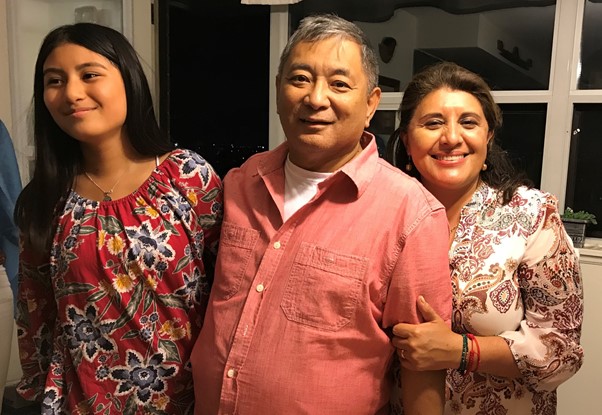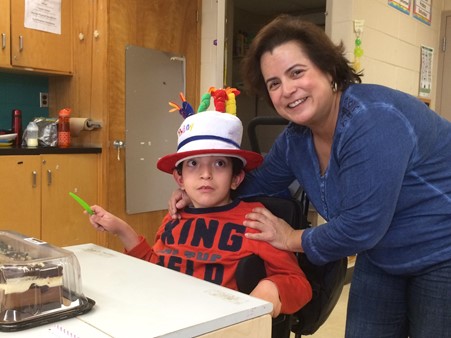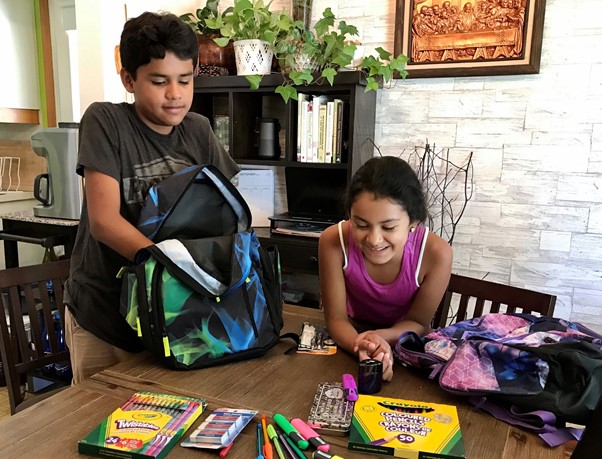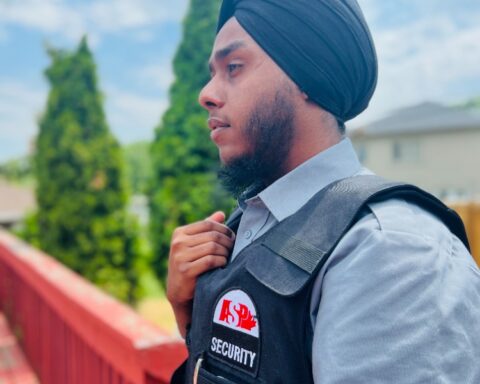As the back-to-school season begins amid the COVID-19 pandemic, many immigrant parents feel confusion and concern. While some consider that life should continue with due precautions, others are still fearful and doubtful about sending their children to school. For now, they are adding masks, sanitizers and face shields to their kids’ backpacks.
Despite the risk posed by returning to school amid the pandemic, Mercedes Pérez will send her three children to a Toronto school. She has taught them some precautions.
“At home, we have taught them how to wash their hands before touching food,” she says. We have tried to create some habits for them to reinforce hygiene, but in the end, they are children and they will need the help of a responsible adult who reminds them all the time and takes extreme measures.”
Pérez works as an elementary educator and she believes that she will be at risk as well because she is usually exposed to 28-30 minors every day.
As an educator, “sooner or later you have to go and face the situation. We need to be very rigorous with the sanitary measures with adults and children. This virus will be around for a while, so we have to deal with it from day to day.”

Pérez knows that her 10-year-old son Nicolas will share his Grade five classroom with 12 students, while her other two kids, Andrew, 8, and Maria, 5, will share their respective Grade three and kindergarten classrooms with 25-27 children.
Two weeks ago, the federal government announced $2 billion in direct support to provinces for the Safe Return to Class Fund, which includes $763 million for Ontario alone. “This is in addition to the $22 billion Safe Restart Agreement earlier in the summer and the $1 billion in infrastructure funding, which Ontario can use for COVID projects such as school retrofits for safety,” detailed Toronto MP Julie Dzerowicz in a statement.
Ontario is home to an average of two million students (as per 2017/18 stats) enrolled in public elementary and secondary schools, which is just under half of the nation’s elementary school students. The province will require students in Grades four to 12 to wear cloth masks when they are in hallways and in classrooms, but will concede a break from wearing masks when outside.
Despite funds and safety measures allocated for a safe return to school, parents remain concerned about the uncertain situation.

Filipino immigrant Patrick Chuidian, 62, will be at risk when his daughter Monserrat, 12, starts Grade seven due to his comorbidity condition. He suffers from hypertension, is diabetic and has renal failure.
“If the virus enters my house, immediately I must go to the hospital,” says Chuidian, who used to work as a male nurse.
Despite the fear that his daughter could be an involuntary carrier of the coronavirus, he says he prefers sending her to school because it’s best for her learning.
Back-to-school, mixed feelings
Francesco is a Mexican-Canadian teenager who suffers from cardiofaciocutaneous syndrome (CFC syndrome), characterized by psychomotor retardation and difficulty feeding. His mom, Angeles Niembro, intends to send him to school. “COVID-19 is something that is here to stay,” she explains, adding it is best to build defences sooner. “It is not healthy keeping children locked up at home.”

Acton, Ontario, resident Karina Chuffart has two daughters aged 7 and 11. She describes her feelings as a dilemma, “I don’t see my daughters are learning with online education. Even though I don’t like the idea, I’ll send them to school.”
She explains that her eldest daughter already knows what to do, but is worried about the little one. “There is no other way. We have to live with this.” For now, she bought them face shields.
Her friend, Marisol Martínez, agrees that there is no perfect solution. She will send her two children, Frida, 9, and Emilio, 11, to school, as she expects the pandemic to last a long time. Martinez says it is time for parents to teach their children to live with this new reality. “We must strengthen their immune system, create habits and a positive environment, so that they are not afraid.”
Even less convinced of the opening of the schools, Liliana Altamirano is still worried but decided to send her son Joshua to school to start his Grade five classes. “My son told us that he does not feel very comfortable,” she says.
These Latin American mothers agree that this is a delicate situation and that the decision depends on each family. “Both adults and children, for our mental health, we need to socialize and create a routine,” said Pérez.
In Ontario, there was not widespread opposition at least three weeks ago, but with the recent increase of COVID-19 cases, interviewed parents expressed their concern about a possible outbreak of the virus.
“We will know if the plan was effective when our children return to school,” says Patrick Chuidian. “If there is an outbreak, it means that they [schools – NCM] were not prepared well.”
Photos provided by the interviewed.
Isabel Inclan has worked as a journalist for more than 20 years, in both Mexico and Canada. She began working as a foreign correspondent in Canada in 1999 for Mexican media. She has been a New Canadian Media contributor since 2018. Her main areas of interest are politics, migration, women, community, and cultural issues. In 2015, Isabel was honoured as one of the “10 most influential Hispanic Canadians.” She is a graduate of Masters in Communication and Culture at TMU-York University. She is a member of CAJ and a member of the BEMC´s Advisory Committee.





